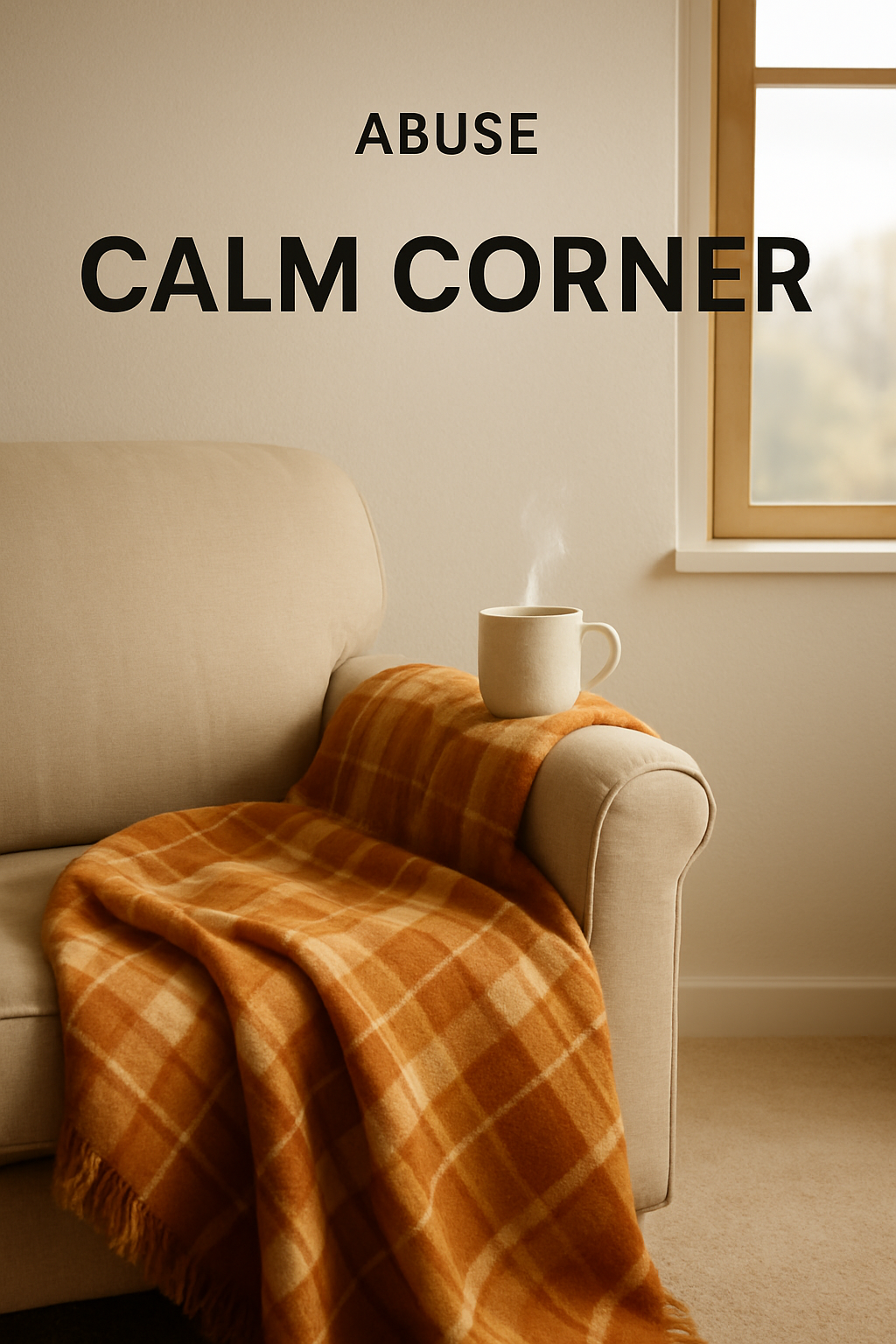2) What abuse can look like
Abuse is about power and control. It may be:
- Physical: hitting, choking, restraining, damaging belongings.
- Emotional: insults, humiliation, threats, gaslighting, isolation.
- Coercive control: monitoring movements/devices; restricting sleep, food or money.
- Financial: taking wages/benefits, forced debt, blocking work or education.
- Sexual: any non-consensual sexual activity; reproductive coercion.
- Digital/tech: spyware, location tracking, account takeovers, revenge porn.
It can happen in any relationship or household. It’s not your fault.

